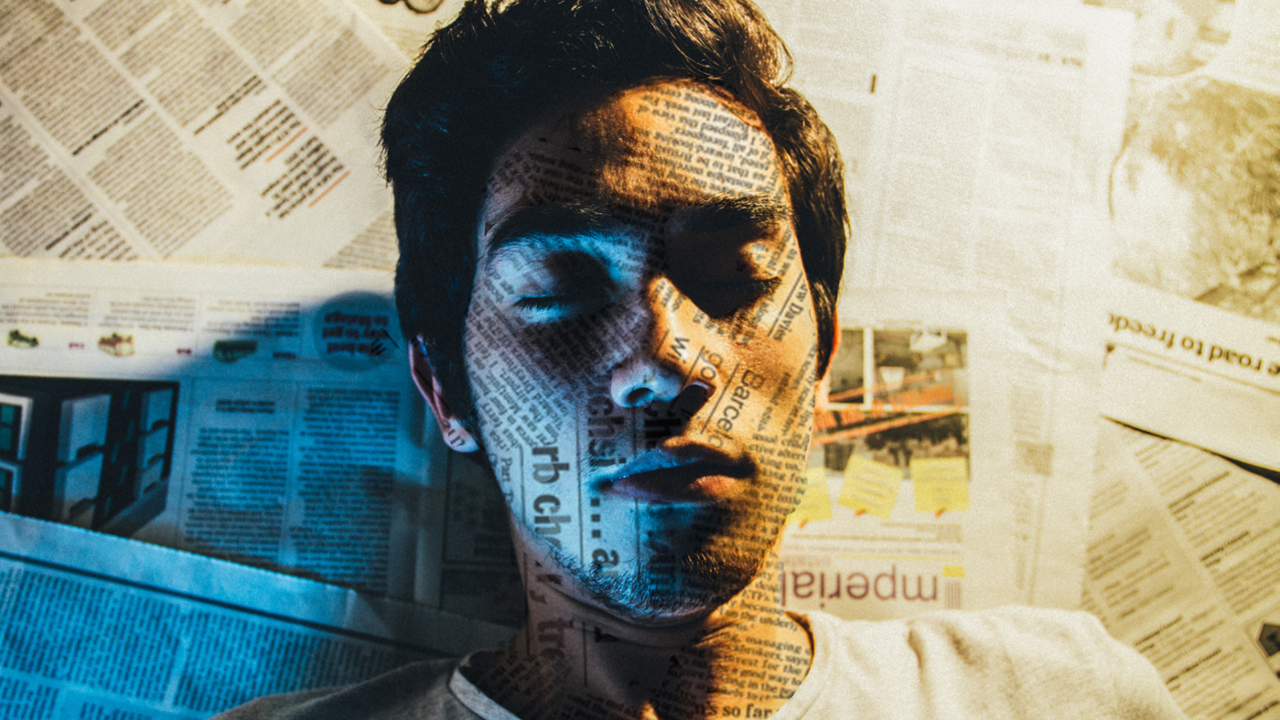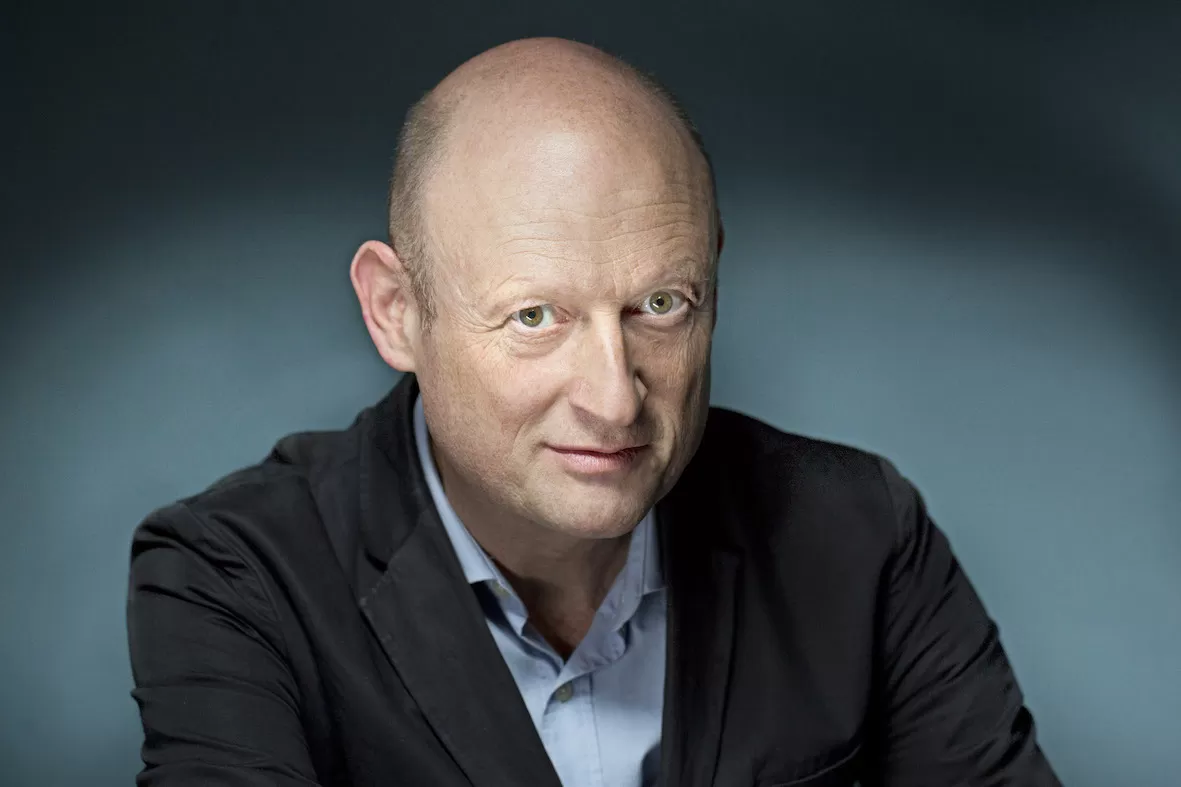The role of the press in the polarisation of ideas

Access to information is now easier than ever. Social networks and traditional media compete with each other, giving rise to powerful social movements such as #MeToo. At the same time, some media follow a specific political agenda to gain the blind trust of their audiences. Channels such as Fox News polarise ideas and tend to lean towards misinformation. The result is information overload: fake news, politically-oriented content and the need to “create a buzz” make it difficult to separate the facts from fiction. In this context, we can observe a tendency to read or listen only to what comforts our sensitivities and confirms our opinions. The tendency to follow arguments that appeal to the emotions at the expense of subtle nuance hampers exchanges and impoverishes debat. So can we speak of a dramatisation of events and a form of media marketing? Or, on the contrary, is this confidence crisis unjustified in a system where the press is still the protector of the democratic space?
This event will take place only in French.
Isabelle Falconnier
Director of the Swiss Press Club, journalist and literary critic
Learn More
Serge Michel
Journalist, editor-in-chief of Heidi.news and director of Kometa publications
Learn More
Sébastien Salerno
Lecturer in the sociology of digital media at UNIGE and researcher at Medi@LAB
Learn More


